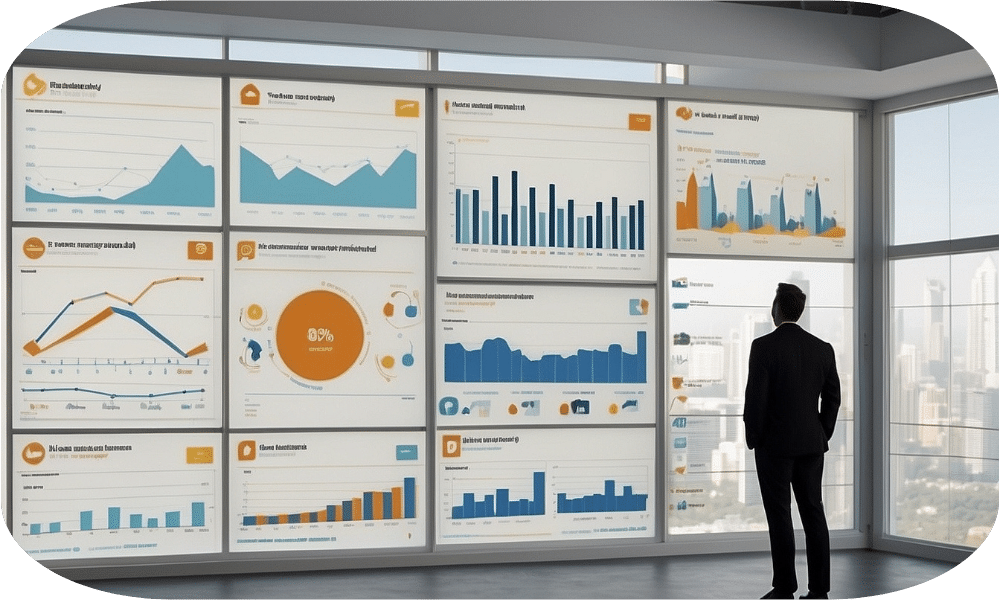The future of leadership is not just about adapting to changes in technology and global markets; it’s about understanding the evolving dynamics of human behavior, workplace culture, and societal expectations. Here, we explore the key trends that are poised to redefine what it means to be a leader in the modern business world.
1. Embracing Authenticity and Vulnerability
The days of the infallible, stoic leader are waning. Tomorrow’s leaders thrive on authenticity and aren’t afraid to show vulnerability. Brené Brown, in her groundbreaking work, “Dare to Lead,” champions the idea that vulnerability is a strength, not a weakness. Leaders who are genuine about their challenges and uncertainties can build deeper connections with their teams, fostering an environment of trust and open communication.
2. Prioritizing Sustainability and Social Responsibility
Leadership now demands a keen focus on sustainability and social responsibility. Consumers and employees alike are increasingly drawn to organizations that prioritize the well-being of the planet and the communities they serve. Simon Sinek, in “Start with Why,” emphasizes the importance of understanding and communicating the why behind what we do, which today includes a commitment to making a positive impact on the world.
3. Leveraging AI and Technology Ethically
The rise of artificial intelligence (AI) and technology presents both opportunities and challenges. Leaders must navigate these waters carefully, leveraging these tools to enhance productivity and innovation while also addressing ethical concerns and ensuring that technology augments human work without replacing it. In “The Age of Surveillance Capitalism,” Shoshana Zuboff discusses the implications of technology on privacy and autonomy, urging leaders to consider the ethical ramifications of their technological decisions.
4. Fostering Inclusivity and Diversity
An inclusive and diverse workplace is no longer optional; it’s imperative. Research shows that diverse teams are more innovative, creative, and productive. Leaders must actively work to create environments where a multiplicity of voices and experiences are not only heard but valued. “How to Be an Inclusive Leader” by Jennifer Brown provides practical steps for leaders looking to build more inclusive organizations.
5. Leading Remote and Hybrid Teams
The shift towards remote and hybrid work environments has permanently altered the landscape of leadership. Effective leaders must now master the art of managing dispersed teams, ensuring that remote employees feel as connected and engaged as their in-office counterparts. “Remote Work Revolution: Succeeding from Anywhere” by Tsedal Neeley offers insights into leading effectively in a remote work world, emphasizing the importance of trust, communication, and culture.
6. Continuous Learning and Adaptability
The only constant in business is change. Future leaders must commit to continuous learning and adaptability, staying agile in the face of new challenges and opportunities. This means not only keeping up with industry trends and technological advancements but also being open to changing one’s own perspectives and strategies. “Mindset: The New Psychology of Success” by Carol S. Dweck delves into the power of a growth mindset, highlighting its critical role in successful leadership.
The future of leadership is dynamic, multifaceted, and deeply human. It demands a blend of technological savvy, emotional intelligence, ethical considerations, and a steadfast commitment to inclusivity and sustainability. By staying informed about these trends and embracing the opportunities they present, leaders can navigate the complexities of the modern business landscape with confidence and integrity.
FYI: As an Amazon Associate we earn from qualifying purchases.




